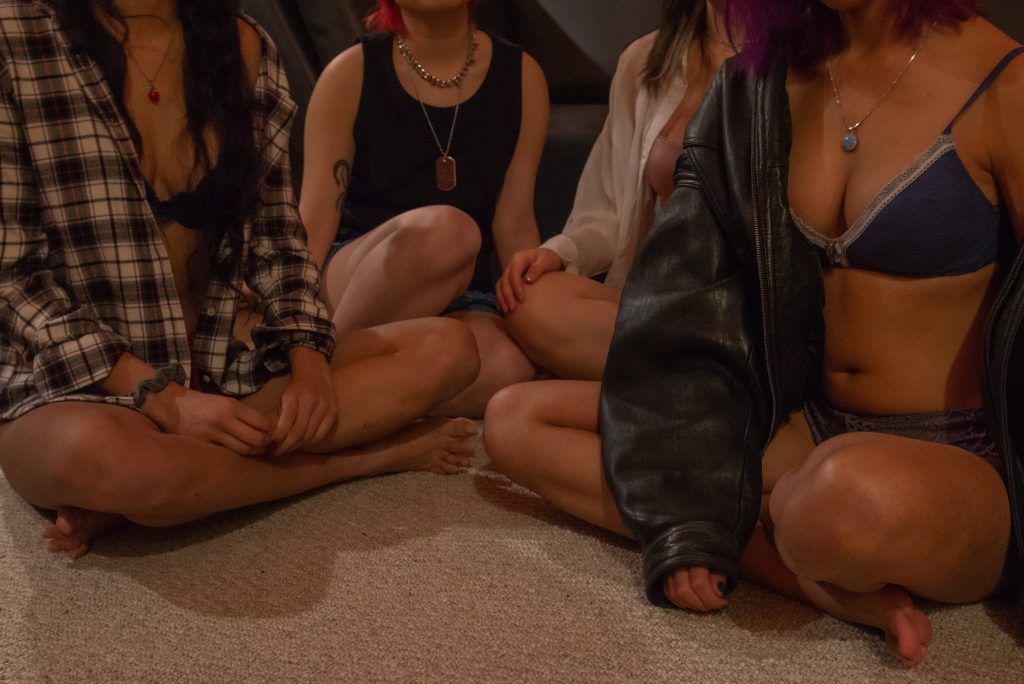Dating and relationships are often seen as a crucial part of the college experience. With the growing popularity of dating apps and other online resources among Generation Z and college students in particular, a new conversation emerges about what is really considered a real relationship in college and how we can distinguish that from other situations.
So what makes the college dating culture so different from anything else? For many, college is a time of self-discovery and a newfound sense of freedom as opposed to high school. This is true for many scenarios, but especially in regard to our dating lives. Since a relationship, or making things official with a partner, is often seen as restricting to people’s individual growth process in college, many students are looking for different options to fill their love lives. With people exploring their freedom and trying to find what lifestyle works best for them, we have seen a shift in dating patterns to what is most commonly known today as the ideas of “the talking stage” and “hookup culture.”
The talking stage and casual hookups are seen as easier alternatives to dating, especially if you are not all that sure you are ready for a serious relationship with someone or just in general. Hookup culture, which usually involves casual sex with someone who you are not in a romantic relationship with, has become increasingly popular among college students. It most frequently occurs with someone who you might have just met, or a “hookup buddy,” also known as a friend with benefits relationship. This might be a person you like, but not always in a romantic way, just in a mutually agreed and explorative way. The American Psychological Association (APA) states that around 60 to 80 percent of college students report taking part in this kind of activity or relationship, showing just how popular this is among students in universities.
Alternative to hookups, the talking stage is seen today as an essential staple of the dating process and the process of getting to know someone. Typically, this stage is a result of a mutually expressed interest between individuals and an opportunity to grow closer without the restriction of a label. This includes hanging out or talking either in person or online through text or FaceTime to determine whether or not you want to move forward with a person. This kind of relationship appeals to many students because again, it is not as restrictive or as much of a commitment as being “official” might be. Opportunities for both of these dating patterns have become easier with the rise of popular dating apps such as Tinder, Bumble and Hinge.
However, along with these alternatives to what is typically viewed as “normal dating” comes its own set of problems. Many young people, especially students, emphasize that when it comes to hookup culture, they are not as quick to use proper protection as one might think. According to the APA, one study showed that less than 50 percent of college students were worried about risks that might come with hooking up, such as sexually transmitted infections [APA].
Another discussion that has only continued to grow with the emergence and societal acceptance of hookup culture is that of consent. In college especially, we hear about the dangers of alcohol and substance use and how that might translate to a very bad experience, especially when involved with a hookup. More than three-quarters of students interviewed in a study by the APA reported that “most of their unwanted sex occurred in the context of hookups,” and in another study, 7.6 percent of college student participants stated that their last hookup experience “was an experience they did not want to have or to which they were unable to give consent.” This is why it is crucial to emphasize the importance of consent when it comes to any form of dating, both in college and out. By doing so, it creates the opportunity for the experience to be enjoyed by both parties.
Dating in college can look different depending on who you are. It is, as many say, a turning point of self-discovery, a chance to uphold your standards or to try something new. These types of college dating patterns can be a part of your self-discovery journey if you want them to be. Just like many other aspects of college, it is about deciding what you want or what is best for you.



